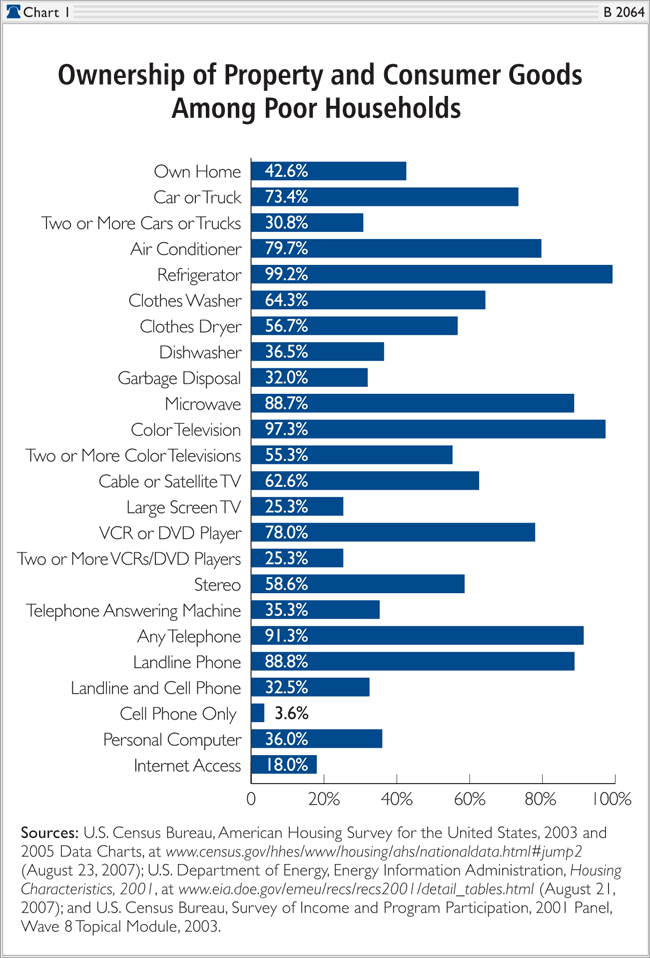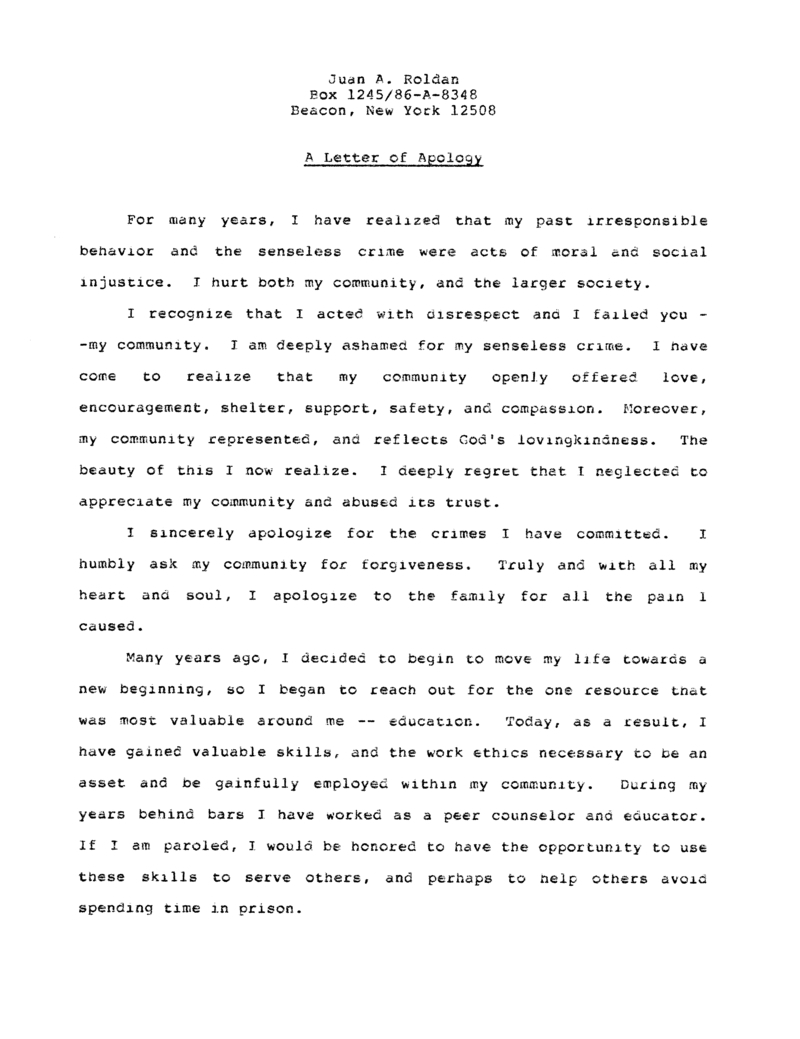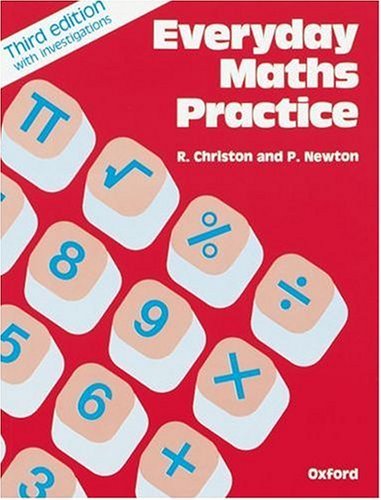Moral Panic Theory - Media Studies - Revision World.
Cohen also observed that the medias definition of the situation are crucial in creating a moral panic, because in large-scale modern societies, most people have no direct experience of the events themselves and therefore have to rely on the media for information about them.
According to Cohen, moral panic often involves some degree of persecutions and the exaggerated response, often irrational and disproportionate to the threat affiliated with the accused group, from the public and the media or law enforcers to the activities or behavior of particular social groups, which involves and potentially affects the moral fabric of society (Cohen, 1972).

Cohen defined a moral panic as “an event during which an issue or group is characterised as a threat to society’s morality and interests” (Kirnsky, 2009, p. 204).

Moral Panic Moral panic is a widely used and often misinterpreted concept in social sciences. The term was invented by the British sociologist Stanley Cohen the late sixties.

Thus, a moral panic is a reaction of society to certain social groups or subcultures, based on the belief that they constitute a major threat to the broader culture and its social values. Cohen’s definition also suggests that episodes of panic originate with interest groups, mainly.

Moral Panic Analysis: Past, Present and Future 1129 begun to see and define themselves as the warring factions presented in the media. Proving such effects turned out to be difficult. What emerged more clearly was a pattern in the social reaction to Mods and Rockers. Perhaps this was typical of other such moral panics. Cohen thought so.

Cohen's 1972 study (Folk Devils and Moral Panics) of the UK popular media and social reaction to the Mods and Rockers phenomenon is widely regarded by British criminologists as one of the most influential works in the field in the last forty years.

Stanley Cohen's Concept of a Moral Panic; Essay about Stanley Cohen's Concept of a Moral Panic. 1720 Words 7 Pages. Show More. Introduction Stanley Cohen has become famous due to his brilliant works on sociology, criminology and human rights. His talent allowed him to depict human fears and concerns, conflicts between different social groups.

Raves as Moral Panics. Jessica Hocking. This essay aims to look at the moral panic that erupted surrounding raves and ecstasy culture in the UK from 1987 onwards. It will begin by looking at the original concept of moral panic as defined by Stanley Cohen in 1972 and go on to examine the rise of rave and ecstasy culture in the UK and the reaction of the British mass media and agents of social.

As originally explained by Cohen, at least five sets of social actors are involved in a moral panic. These include: 1) folk devils, 2) rule or law enforcers, 3) the media, 4) politicians, and 5.

The notion of moral panic, devised by Stanley Cohen (1972), is that it seeks to explain a particular type of overreaction to a perceived social problem or ongoing situation, with the creation of a.

The concept of moral panic was developed by Stanley Cohen in the early 1960s, initially to analyse the definition of and social reaction to youth subcultures as a social problem. To discuss and explore fully the subject of moral panics its meaning, which is commonly misinterpreted, must be defined accurately.

The term moral panic was first coined by Stanley Cohen in his 1987 seminal work, Folk Devils and Moral Panics. Cohen defined moral panic as an occasional or random episode that creates a widespread societal concern that principles and values held dear by society might be in peril.


